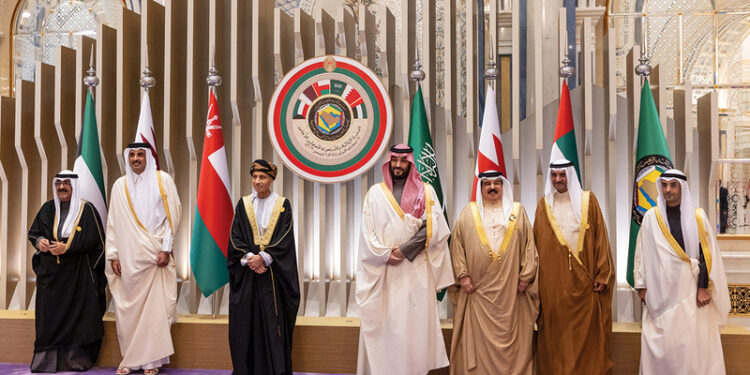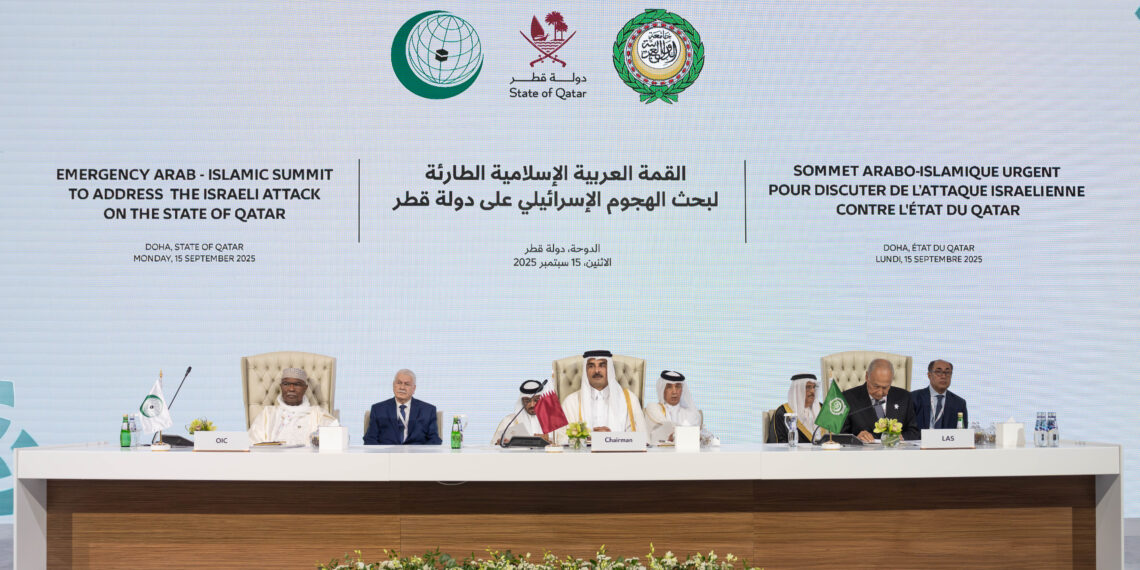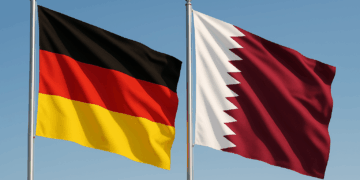The Statistical Center for the Cooperation Council for the Arab States of the Gulf (GCC-Stat) confirmed that the GCC’s GDP at current prices reached approximately $2.143 trillion in 2023, a 2.7 percent decrease compared to $2.202.7 trillion in 2022.
The data indicated that disposable GDP—consumable and saving income after deducting taxes and transfers—reached approximately $1.989 trillion in 2023, compared to $2.051.5 trillion in 2022, a 3 percent decrease.
At the sectoral level, the non-oil sector’s added value reached approximately $1.513 trillion at the end of 2023, while the oil sector recorded an added value of $603.5 billion. Thus, the contribution of non-oil activities to the GCC’s GDP rose to 71.5 percent, compared to 65 percent in 2022, with an annual growth rate of 6.4 percent, reflecting the gradual progress in economic diversification policies.
The data showed that mining and quarrying activities contributed the highest to the GCC economies over the past five years, averaging 28.3 percent, while manufacturing represented the most prominent activity within the non-oil sector, with an average contribution rate of 11.7 percent.
During 2023, most economic activities recorded positive growth rates. The finance and insurance sector achieved the highest growth rate of 11.7 percent, followed by transportation and storage at 11.6 percent, real estate activities at 8.1 percent, and public administration and defense at 7.9 percent. Wholesale and retail trade activities also achieved growth of 7.6 percent, while the education sector recorded growth of 5.5 percent. In contrast, mining and quarrying activities witnessed a significant decline of 18.8 percent, while manufacturing activities declined by 0.7 percent.
On the spending front, data showed that exports of goods and services amounted to approximately $1,258.7 billion in 2023, registering a 7.1 percent decline compared to the previous year, equivalent to 59.5 percent of GDP at current prices. Final consumption expenditure also rose to $1,245.6 billion, achieving a growth of 7.5 percent. Gross capital formation also recorded approximately $601.8 billion, with an annual growth rate of 5.5 percent.
According to the report, these indicators reflect the continued relative reliance on oil activities, along with the increasing progress of non-oil sectors, which are gaining a greater role in supporting the economic growth of the GCC countries.







